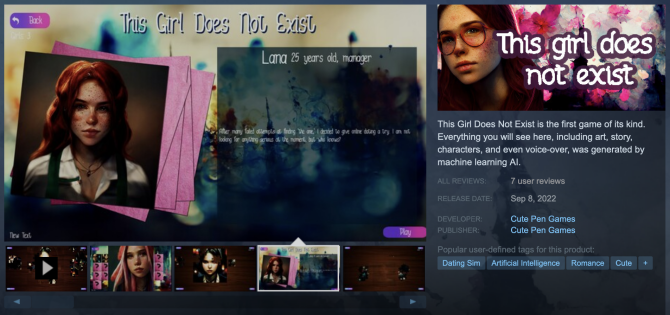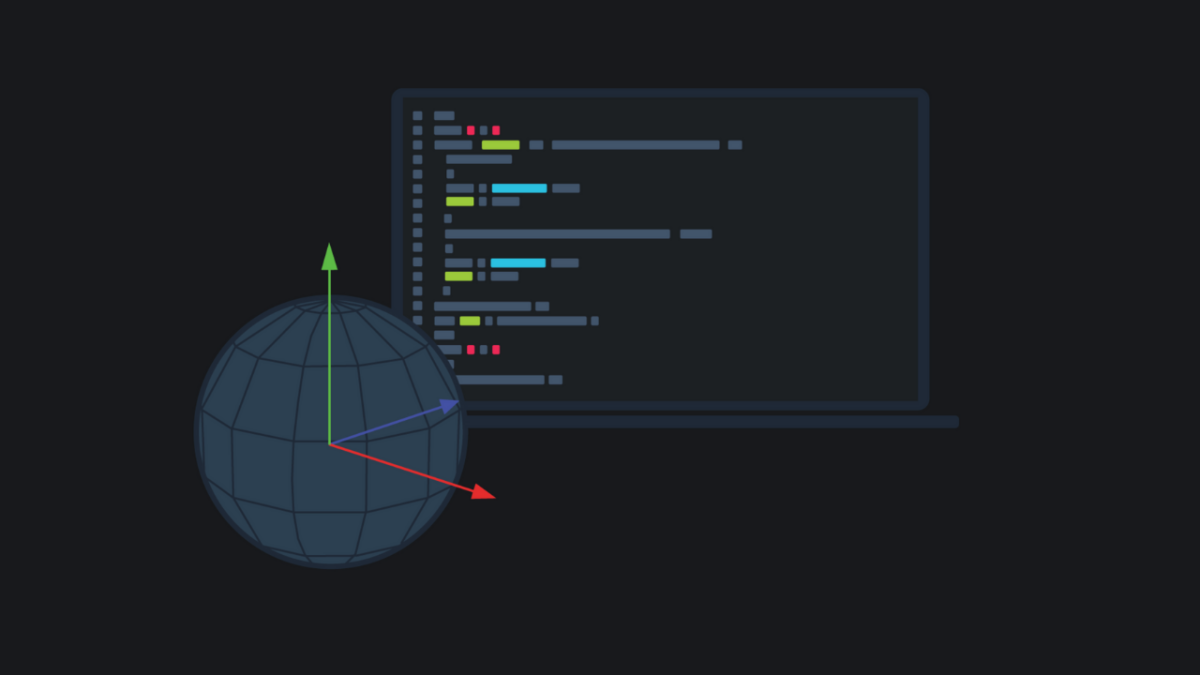[ad_1]
To prevent issues related to intellectual property and plagiarism, Valve has begun removing titles from Steam that involve content produced by generative AI. To bypass removal, developers must prove they have the rights to the intellectual property (photos, videos, artwork, etc.) found in the data set used to train the relevant AI.
Former game designer and GameDiscoverCo founder Simon Carless spotted a Reddit post Wednesday that discussed the new rule in detail. In the r/aigamedev post, u/potterharry97 says they developed a game with “a few assets that were fairly obviously AI generated” and attempted to submit it to the Steamworks Distribution Program, which small game developers can use to distribute their titles. In response to their submission, u/potterharry97 received a message claiming Valve couldn’t “ship games for which the developer does not have all of the necessary rights.”
“[Game Name Here] contains art assets generated by artificial intelligence that appears to be relying on copyrighted material owned by third parties,” the message reportedly reads. “As the legal ownership of such AI-generated art is unclear, we cannot ship your game while it contains these AI-generated assets, unless you can affirmatively confirm that you own the rights to all of the IP used in the data set that trained the AI to create the assets in your game.”

Valve has published AI-generated games before—just look at This Girl Does Not Exist.
Credit: Cute Pen Games/Valve
Valve said that the developer had a single opportunity to remove the offending content, then resubmit their title. The game would be banned entirely if the developer failed to remove their AI-produced content. u/potterharry97 proceeded to remove “any obvious signs of AI” from their game, but Valve denied it a second time, saying it was “unclear if the underlying AI tech…had sufficient rights to the training data.” Whether u/potterharry97 removed all AI-generated assets from their game or simply attempted to hide them is unclear. However, the user claims they were likely denied because they had already been flagged for AI content.
With more of the world’s stuff being produced by generative AI, it’s fair that Valve would scramble to develop some sort of policy to protect it from intellectual property lawsuits later. (Even if Valve itself isn’t developing and publishing AI-generated works, it gets a cut of every titles’ profit, AI or not.) But its process so far seems to be a little messy. Valve published AI-generated games before: This Girl Does Not Exist, for example, clearly states in its Steam description that “all the art, all the characters, story, and even voice acting – was generated by an AI.” The Steamworks Distribution Program’s submission guidelines also fail to mention anything about AI, at least for right now. This lack of consistency is bound to frustrate developers and gamers, especially as people continue to experiment with AI assets.
[ad_2]
Source link

